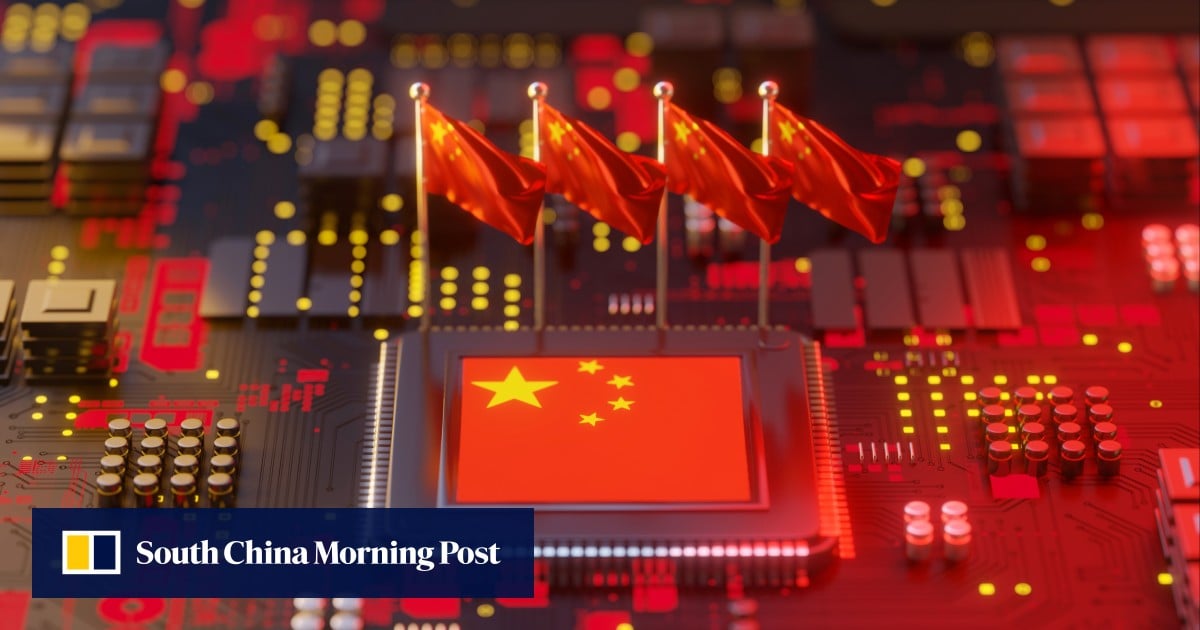
In an ambitious move to secure its position in the global tech landscape, Beijing has unveiled a draft policy aimed at bolstering its smart computing capabilities through a heavy investment in domestically produced graphics processing units (GPUs). The Beijing Municipal Bureau of Economy and Information Technology announced on Wednesday that the city intends to provide substantial financial subsidies to local firms for the acquisition of GPUs manufactured by Chinese companies. This initiative is part of a larger strategy to “expedite the supply of controllable intelligent computing resources,” according to the document.
The policy details remain vague on the exact amount of subsidy each firm can expect, stating only that the support will be proportional to the firms’ investment in developing computing services. The criteria for determining the extent of these investments were not disclosed in the draft document. The ambitious goal set by the policy is for Beijing to achieve a level of self-sufficiency in smart computing infrastructure by 2027. This would not only match but also potentially set new domestic standards for technological achievement within the realm of smart computing.
Among the key directives outlined in the draft policy is a focus on the use of domestically designed and manufactured GPUs, which reside at the heart of data centers and AI development projects. These high-performance computing systems are integral for the advancement of computational technologies and are currently a focal point of development amidst ongoing US tech restrictions. This push for self-reliance underscores the tension between China and the US in the race for technological supremacy, with Beijing looking to mitigate any vulnerabilities that come from dependency on foreign technologies.
The draft policy goes beyond mere procurement strategies, envisioning a robust framework for technological innovation within the city. Particularly, it highlights the role of Beijing’s initiative in fostering advancements in general and industry-specific large language models (LLMs). LLMs, such as the widely discussed ChatGPT and other generative AI services, are at the forefront of artificial intelligence research and application, suggesting a broad vision for AI development that spans both consumer and industry-specific uses.
Beyond LLMs, the municipal government aims to catalyze research and development across a spectrum of core technologies fundamental to AI, including AI processors, operating systems, and databases. By focusing on these areas, Beijing seeks to lay the groundwork for comprehensive advancements in AI that can serve a variety of sectors. Furthermore, the draft mentions an interest in pioneering efforts in emerging fields such as silicon photonics and quantum computing chips. These areas represent the next frontier in computing technology, with no single company currently leading the charge. Beijing’s initiative suggests a strategic move to position itself as a key player in these emerging technologies.
The emphasis on domestic GPUs aligns with the broader context of China’s ambitions to assert its technological independence and resilience in the face of international pressures. By supporting the development and procurement of homegrown technologies, Beijing is signaling its intention to forge a self-reliant path that not only safeguards its technological future but also challenges the current global tech hierarchy.
As the details of the policy are fine-tuned and eventually implemented, the initiative is poised to significantly impact not just the local tech industry but also the global dynamics of technological innovation and competitiveness. The move adds a new layer to the ongoing global tech rivalry, underscoring the strategic importance of computing infrastructure in the digital age.
Source





/cdn.vox-cdn.com/uploads/chorus_asset/file/25626313/247263_iphone_16_pro_AKrales_1062.jpg)
